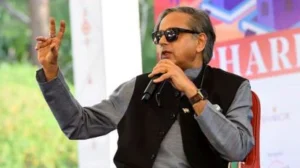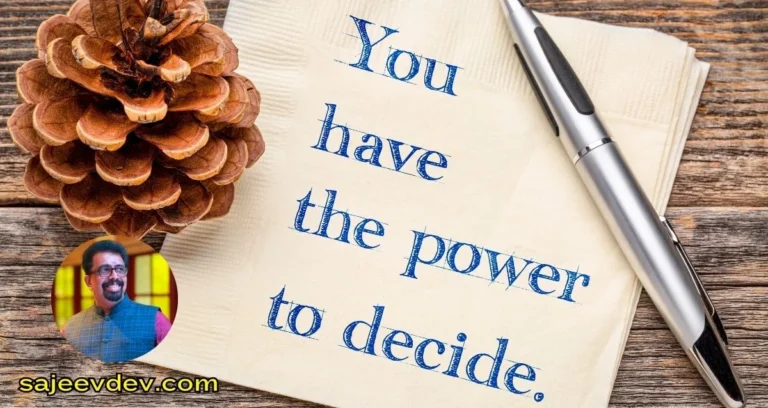
Shashi Tharoor Explains UN Discussions: How Pakistan’s Story Changed
Analysts and political observers are debating the recent UN Security Council discussions about India-Pakistan tensions in great detail. The reality of the discussions turned out to be much more complicated, even though Pakistan had initially approached them hoping to obtain diplomatic leverage. Experienced diplomat and Congress MP Shashi Tharoor provided his thoughts on the matter, describing how the story changed as it progressed.
Expectations and Reality in Pakistan

After the Pahalgam terror attack on April 22, which killed 26 people—25 tourists and one local—Pakistan asked the UN Security Council (UNSC) for a meeting behind closed doors. Islamabad presented this as an urgent issue in an effort to exert pressure on India from abroad over what it said were worsening regional security conditions.
Reports from diplomatic sources, however, indicate that Pakistan did not benefit from the UNSC discussion. Regarding Pakistan’s own ties to terrorist organizations, several member states brought up difficult issues, especially with regard to Lashkar-e-Taiba, which first claimed responsibility for the Pahalgam attack before taking it back. Due to this change in emphasis, Pakistan came under uneasy scrutiny, with delegates raising concerns about its involvement inaddressing terrorism within its borders.
“Resilience in Action
The Analysis of Shashi Tharoor

Known for his eloquent diplomatic style, Shashi Tharoor brought attention to the “sad reality” of the UN Security Council’s functioning. He emphasized that the Council was unlikely to adopt a resolution criticizing either India or Pakistan because of veto politics. Other powerful countries would make sure no resolution was passed against India, while China, a close ally of Pakistan, would probably thwart any critical remarks made against Islamabad. Rather than actual policy changes, as Tharoor had predicted, the talks were supposed to end with broad declarations supporting peace and denouncing terrorism.
Tharoor also made a comment about the conversations’ changing narrative. Pakistan’s initial goal was to portray itself as a victim and draw international censure of India. But as concerns were voiced regarding Pakistan’s managementof terrorism within its own borders, the conversation turned towards Pakistan’s accountability rather than India’s.
The UNSC’s Reaction and International Responses

Several delegations reportedly voiced concerns about terrorism coming from Pakistan, even though no official resolution came out of the discussions. According to reports, the United States, France, and the United Kingdom asked Pakistan for clarification on its counterterrorism initiatives and strategy regarding organizations such as Lashkar-e-Taiba.
In an effort to refute these allegations, Pakistan’s delegate reiterated that the country was a “partner in counterterrorism” and experienced cross-border violence. But according to diplomats with knowledge of the talks, Pakistan’s original goal of presenting the problem only as India’s problem was compromised by the change in emphasis.
What Takes Place Next?

Even though UN talks rarely result in immediate changes to policy, they have had a big impact. India’s long-standing claim that Pakistan needs to control extremist elements operating within its borders is strengthened by the fact that several UNSC members questioned Pakistan’s position on terrorism.
The discussions’ conclusion probably means that Pakistan will have to reevaluate its diplomatic approach. Instead of depending only on the UNSC stage, Islamabad may use damage control measures and perhaps direct diplomacy with specific nations to counter accusations of ties to terrorism.
In conclusion
According to Shashi Tharoor’s analysis of the UN talks, Pakistan was unexpectedly questioned about its role in regional security, even though it had come into the negotiations hoping to gain diplomatic leverage. The discussion occurred, but its practical implications are still limited because the UN Security Council is unwilling to adopt a firm position because of political interests and veto powers.
However, Pakistan’s counterterrorism efforts have once again been questioned by the international community, which could have an impact on future interactions with important allies and international organizations. Both India and Pakistan will manage the fallout from these talks, planning their next steps in the field of international diplomacy as diplomatic tensions continue to develop.





